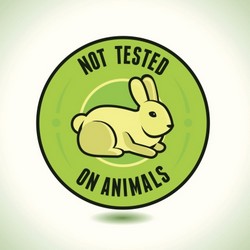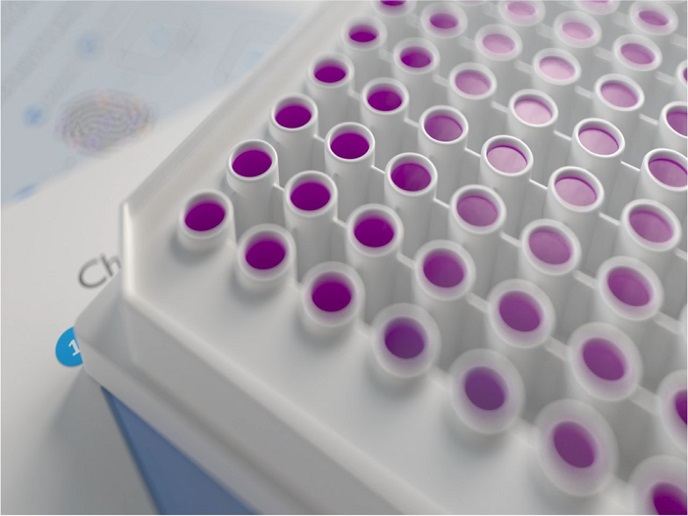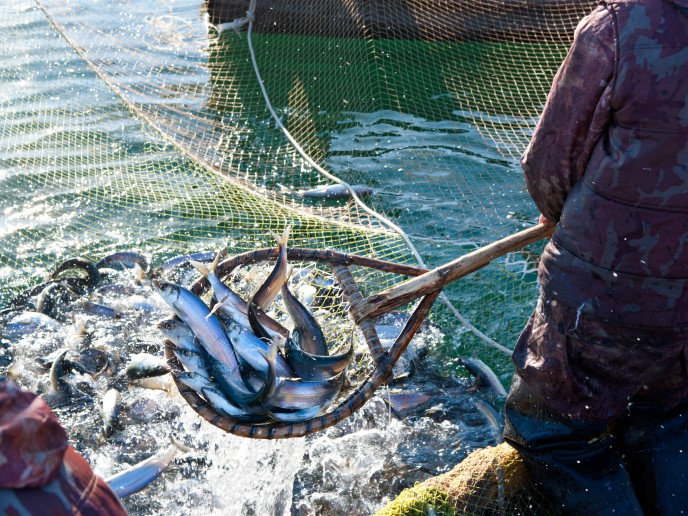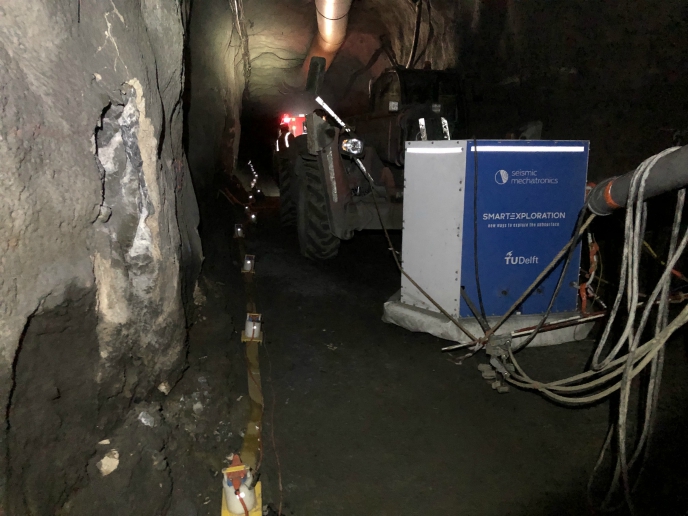Inhumane animal testing to end for cosmetics industry
Complete stringent toxicological testing is required for any new product in the cosmetics industry. The process has traditionally required animal testing. To move away from this inhumane practice will require simulations and other computational tools that have remained too simplistic until now. The EU-funded COSMOS (Integrated in silico models for the prediction of human repeated dose toxicity of cosmetics to optimise safety) initiative aimed to develop free computational tools to assess the safety of cosmetic ingredients. COSMOS used multiple models in conjunction with toxicology databases to model the complex interactions underlying toxicity in cosmetics. Project partners developed models to predict how compound concentration affects the function of various organs. Combined with cell-based assays, these models enabled researchers to make realistic estimates of toxicity of various compounds. COSMOS extrapolated results from cell-based assays to assess safety in humans using models predicting how these compounds survive in the body. One of the project's significant outputs is an inventory of substances used in cosmetics, with information coming from various existing databases. Integrating this with the toxicity models yielded a platform for the cosmetics industry to evaluate the safety of cosmetic ingredients. This platform, the COSMOS Cosmetics Inventory, incorporates 12 000 toxicity studies and more than 80 000 compounds, all indexed and searchable in various ways. The project also developed a user-friendly search engine for the EU's cosmetic ingredient database (CosIng). COMSOS enabled the search engine to retrieve data from both chemical and toxicological studies. COSMOS has generated databases and other computational tools to evaluate cosmetic toxicity without using animals. In addition, this system will reduce the cost of testing and improve the safety of cosmetic products for humans.
Keywords
Animal testing, cosmetics, toxicological testing, digital tools, cosmetic ingredients







